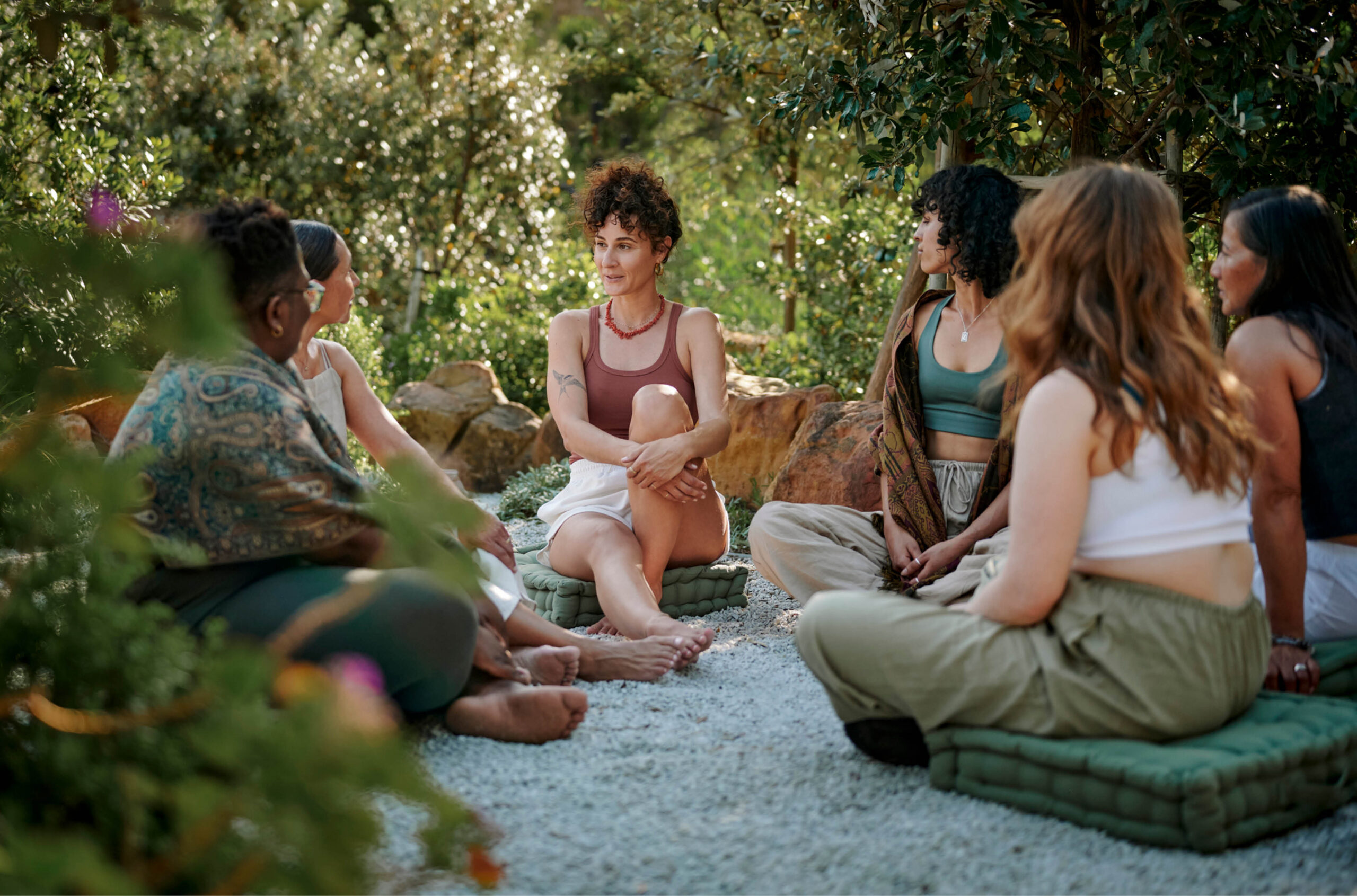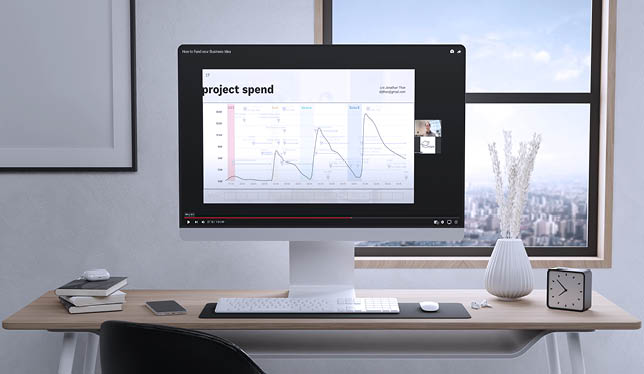Peer support is central to improving PhD student mental health
Guest writer Sarah Masefield explains why she created the "How to Thrive and Survive in your PhD" project to help postgraduate researchers connect and help one another.

Editor’s note: We are delighted to have a guest post from Dr. Sarah Masefield (@scmasefield) at the University of York, U.K. Sarah is founder of the Thrive and Survive in your PhD project. She is currently a research fellow at the Interdisciplinary Global Development Centre at the University of York and a registered occupational therapist.
Doing a PhD is not supposed to be easy, but alongside the academic challenges, there seems to be a culture of also making the process socially and emotionally challenging – sometimes in quite an unnecessary manner. Universities have shown a growing awareness of mental health issues at the undergraduate level, including the introduction of wellbeing campaigns and signposting of pathways to obtain academic and personal support. Meanwhile, the support for postgraduate researchers (PGRs) and the particular risks to their wellbeing and mental health continue to be largely overlooked. Some examples include adjusting to a new work environment/style, physical (and in some disciplines academic) isolation and managing their supervisors’ expectations, as well as their own. PGRs frequently find themselves juggling research, teaching (or other part-time work) and family pressures (such as young families or living away from their families).
In 2019, 36 percent of the 6,300 respondents to Nature’s biennial PhD survey reported seeking help for anxiety and depression related to their PhD. As anxiety and depression adversely affect motivation, confidence, decision-making and engagement, it can reasonably be assumed that these 2,268 postgraduate researchers from around the world were not at their “research best” during this period. They may have disengaged from their supervisors, required a leave of absence or dropped out of their PhD program altogether. In addition to the obvious impact on individuals, these outcomes also have negative implications for universities, so what sort of collective effort could be undertaken to better support PGR mental health and wellbeing?
One answer: PGR peer support projects. Peer support can be a low cost way to provide help whilst building a PGR community that benefits researchers and their research. This doesn’t mean that it is free or that PGRs need to be taught/instructed to deliver it, but rather that the construction of a supportive PGR ecosystem can allow students to thrive amongst each other. With the recent exacerbation of isolation that PGRs are feeling due to the COVID-19 pandemic, programming that builds communities may be needed more than ever. My experience at the University of York through the lens of one such peer support project highlighted the benefits of peer support as well as exposing substantial cultural and structural challenges that need to be overcome in order to achieve the sustainability of student-led projects.
In 2018 whilst in the second year of my PhD, I founded the “How to Survive Your PhD (and enjoy it)” project at the University of York, U.K. (now called How to Thrive and Survive in your PhD). Born out of a frustration from the lack of a PGR community, it aimed to collect the valuable knowledge and experience of PGRs to share across all stages of postgraduate training. It seemed inefficient and, in some cases, unnecessarily painful, to have every new PGR go through the often emotionally difficult transition of figuring out how to be a PhD student, when loads of people already had this knowledge and could share tips for how to manage it. Clear examples emerged from our early sessions where I posed the simple question of “What do you know now that you wish you knew when you started?” Answers included strategies for navigating the research supervisor-supervisee relationship, how to manage the time and workload required for a 3+ year project, and how to adapt to studying in a different country with a different academic culture or language. Instead of burying this knowledge, we decided it was sufficiently valuable to convert into a small booklet, website and biannual workshop focused on imparting the wisdom of senior PGRs to those just starting their training. Further details about the development of the project are available in a previously published Nature careers article.
It was clear from these events that some topics required more in-depth discussion, so we developed and ran workshops on “surviving the viva”, “undertaking fieldwork”, “the international student experience” and “public engagement.” The overarching aim of these workshops was to build a postgraduate researcher community and promote wellbeing through peer-to-peer support. The feedback we received from these 25-60 person workshops was overwhelmingly positive with 98 percent describing the session as useful and 85 percent feeling more confident about surviving and enjoying their PhDs afterwards. Some of the most insightful feedback was around the openness and honesty of the sessions where people often dropped the pretense sometimes expected of them in academic settings. It was clear that some issues and insecurities were better dealt with amongst peers rather than having the issue “solved” by a supervisor. Following the success of these workshops, myself and then acting project coordinator, Petronel Geyser, successfully lobbied the university to create a dedicated PhD Survival Project coordinator position to ensure the continuation of this community beyond the first “class” of motivated students.
It became clear to us that university partnership was critical to the continued success of such projects through administrative, financial and technical support, but it was also clear that we required a much broader acknowledgement of the challenges of doing a PhD and the potential negative impacts on mental health and wellbeing – topics not typically engaged with by the university or individual supervisors. Simple things like having workshops registered/advertised on the same system as those for “project management” or “using referencing software” place the mental health and wellbeing challenges of a PhD on par with other core skills that need to be considered as part of training. Slightly more challenging is that PGRs are usually spread out across a campus or city, attached to particular research groups or centres with no real “hub” for them to meet – physical infrastructure may not always be possible, but anything is better than nothing.
Perhaps more challenging, as with many PGR peer-led projects, is project funding and recruitment of fresh blood to lead the charge. Many projects are run entirely by committed volunteers giving whatever time they have available and coordinating roles can be hugely time consuming, which can be challenging alongside the time commitments of a PhD. Moreover, as PGRs move through their PhDs and eventually graduate, there is a constant need for succession planning and rolling recruitment to ensure that there are always enough speakers for the various workshops, not to mention trying to balance speaker representation from all departments or to achieve equality and diversity goals. This is where universities need to step up and employ a coordinator of PGR peer support projects (which York has done and will be recruiting for in 2021) – perhaps a current or recently graduated PGR – with a remit and sufficient funding to support and grow peer support projects and communities within and between universities.
Even larger still is getting graduate supervisors on board with engaging on mental health and wellbeing. As supervisors can sometimes be the only university person in regular contact with a PGR (excluding friends and family), it is vital that they can recognize signs of a struggling student and also enrich the experience for those who are surviving but not quite thriving. It is my firm belief that PGR mental health and wellbeing training should be mandatory for all PhD supervisors (perhaps every five years?) to help them know how to respond and where to direct their students for support.
After all, if today’s PGRs are tomorrow’s PhD supervisors and future professors, acting now to increase awareness and support for mental health and wellbeing at the start of research careers is one very tangible way to start to change research culture in a positive direction.
Featured Jobs
- Education - (2) Assistant or Associate Professors, Teaching Scholars (Educational Leadership)Western University
- Business – Lecturer or Assistant Professor, 2-year term (Strategic Management) McMaster University
- Psychology - Assistant Professor (Speech-Language Pathology)University of Victoria
- Canada Excellence Research Chair in Computational Social Science, AI, and Democracy (Associate or Full Professor)McGill University
- Veterinary Medicine - Faculty Position (Large Animal Internal Medicine) University of Saskatchewan















Post a comment
University Affairs moderates all comments according to the following guidelines. If approved, comments generally appear within one business day. We may republish particularly insightful remarks in our print edition or elsewhere.